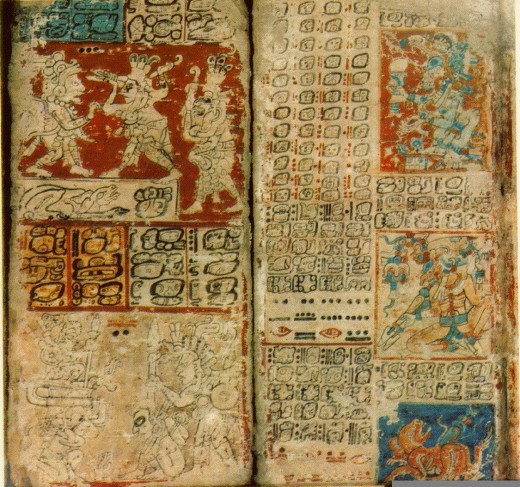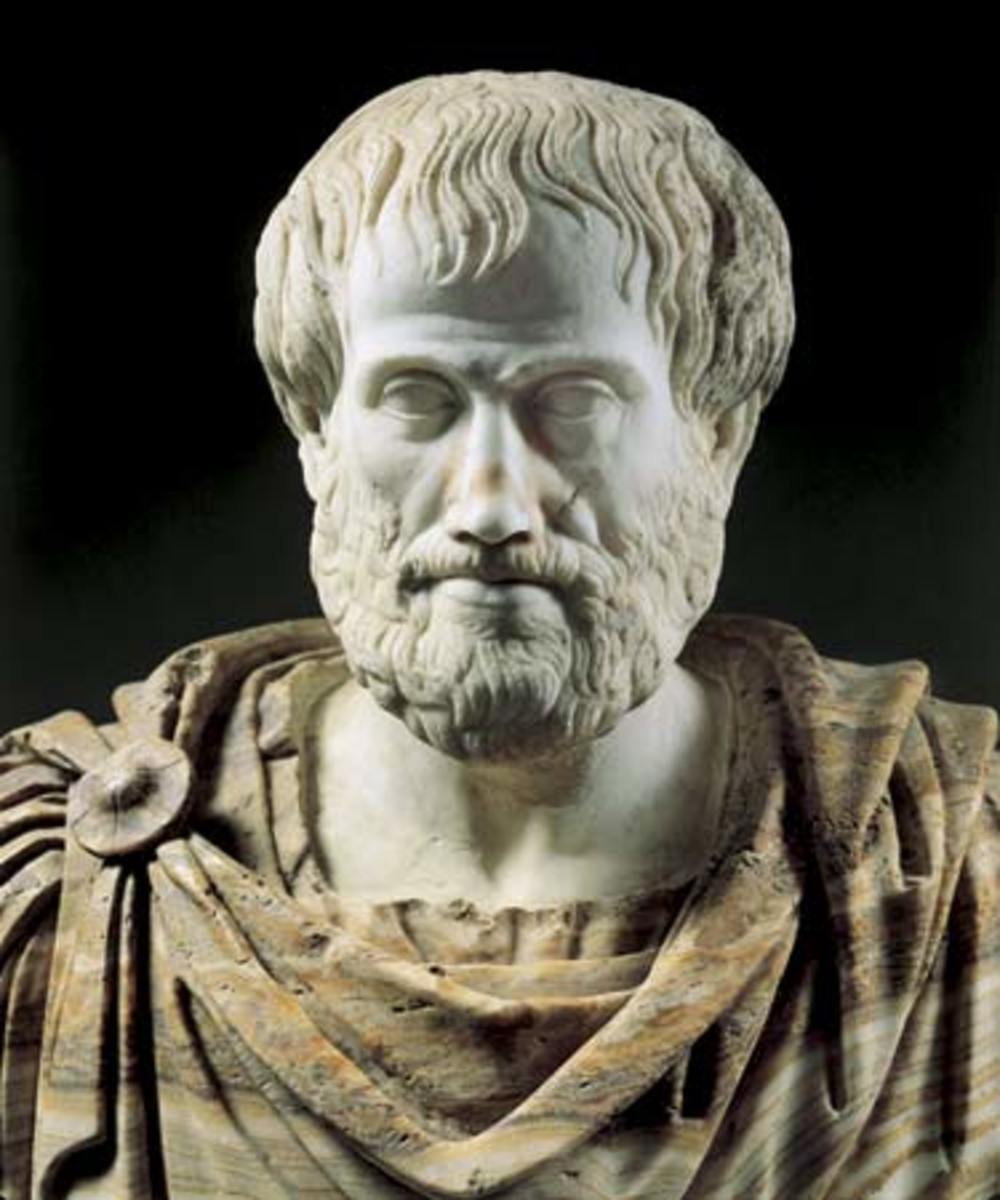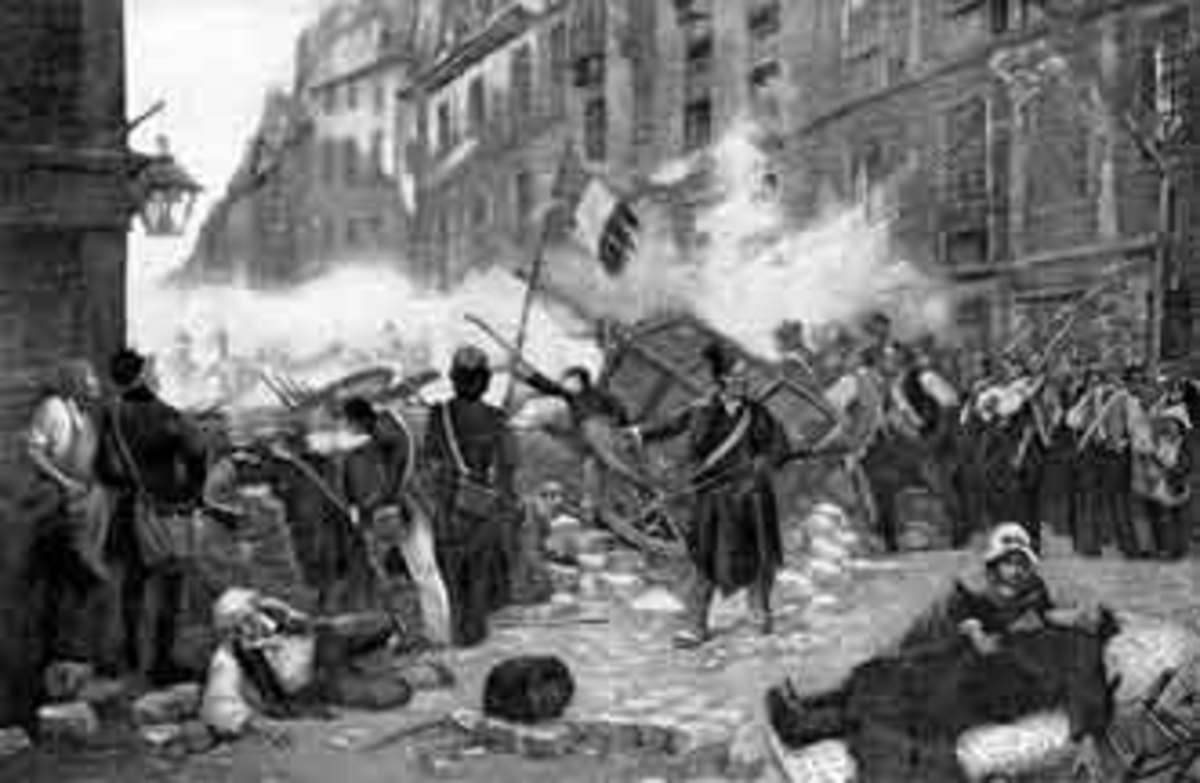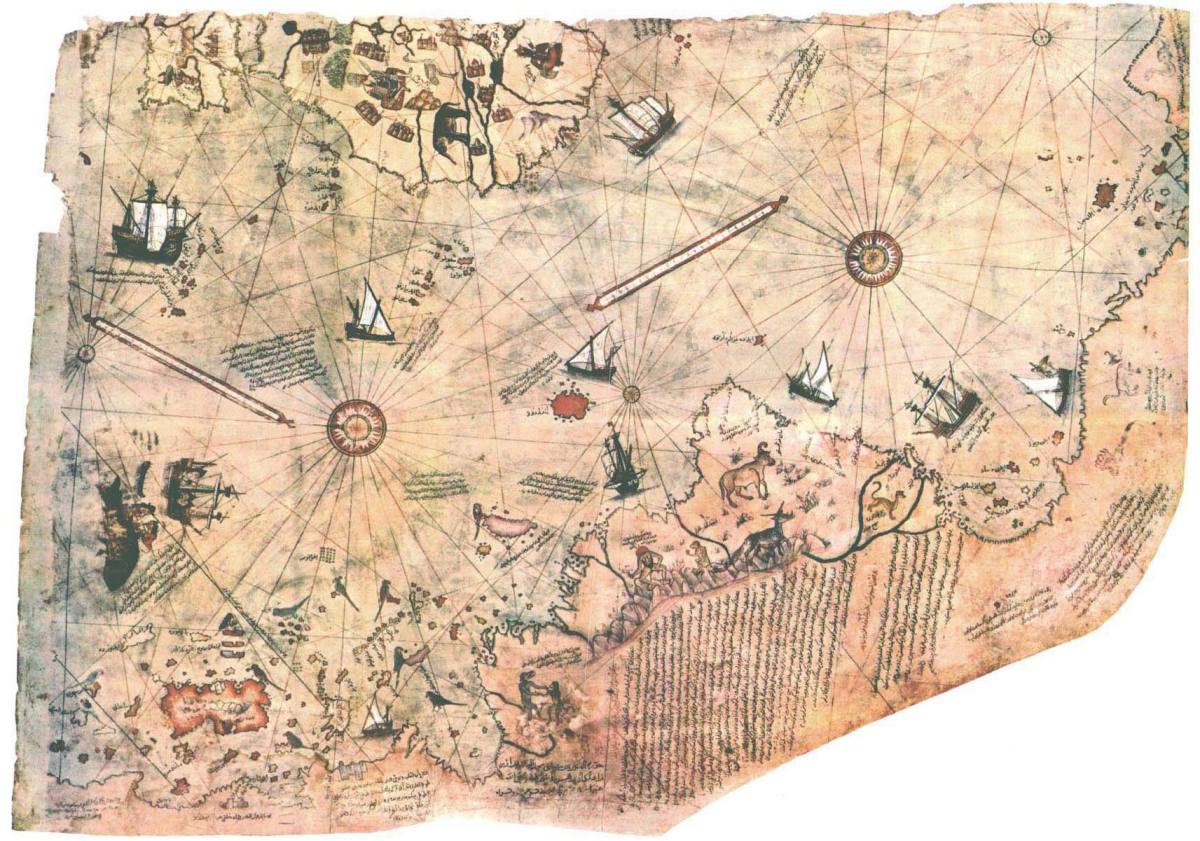Greatest Lost Books

Today, when we are so obsessed with the conservation of everything, every thought no matter how inane--as most blogs indicate--it is hard to imagine that not so long ago writings were treated so barbarically as to nearly all be lost. Writing had not been long invented; there were still many illiterates. Illiterates were accustomed to knowledge being forgotten. The destruction of books did not seem such a crime.
I, however, am a product of the literate world. For me, the complete loss of a text, especially a good text, is a truly offensive tragedy. Some literary treasures have been lost through natural disaster, in which case you wonder, "Why didn't you protect them better?" Some have been lost through violence, through intentional vandalism, which is a sad triumph of barbarism. Some have been casualties of war, as when the Library of Alexandria was lost and along with it a large portion of unique documents from Antiquity. As late as the 17th century, with the Dissolution of the Monasteries, rare and often unique manuscripts were casually destroyed by brutish soldiers. Other anti-religious persecutions have resulted in the destruction of rare texts, as monasteries generally held unique documents. Still more, the Soviet regime in Russia destroyed many potentially great works of literature for appearing 'anti-Soviet.'
Below I list some of the losses that most trouble me for one reason or another.
Pletho's Nomoi
Gemistus Pletho was one of those know-it-all characters of his time. I mean that literally. He knew just about everything there was to know. He was one of the scholars responsible for the revival of Classical learning. While Plato had long been neglected by centuries of Christianity, Pletho took to teaching Plato obsessively. Not only that, but he began to develop his own Plato-inspired quasi-religious philosophy. Combining Plato, the Neo-Platonists, and Zoroaster, he came up with a philosophically complicated polytheistic system of theological philosophy. He expounded his views in a book called Nomoi, which is Greek for 'Laws.' He had spent his entire life composing it meticulously. Of course, Pletho was a heretic. Upon his death, Nomoi fell into the hands of an aristocratic woman, who entrusted the decision of what to do with it to a cardinal. Naturally, the cardinal ordered it burned. As the woman was unwilling to destroy a valuable intellectual achievement (my kind of lady!), the cardinal destroyed it himself. He did, however, make a brief list of the arguments and chapter headings, which remains. Moreover, Pletho's student, another cardinal by the name of Bessarion, wrote a short treatise giving a glimpse of the system Pletho had in mind. Nevertheless, the greatness of a work of philosophy is in the details and there's no question something truly important was lost to the flames.
Cicero's Hortensius
The Hortensius is mostly famous for the praise it receives in Augustine's Confessions. Augustine credits Hortensius, a philosophical dialogue in the style of Plato, with turning him on the way of philosophy and with it to the rejection of Manicheanism. While Cicero was not a particularly original philosopher, he was very well read and an excellent writer. What we probably have lost with Hortensius is a literary masterwork expressing an Aristotle- and Plato-influenced expression of Stoic philosophy. It is not clear why or how Hortensius got lost, as copies of it seemed to be around as late as the Renaissance.
The Prose of Aristotle
It is suggested that today we have only a third of what Aristotle actually wrote. This suggestion is, of course, mistaken, as a zero is not a third of anything. Indeed, we have nothing of what Aristotle himself actually wrote. What we have of Aristotle's thoughts is known to be student notes of Aristotle's teachings. Cicero, however, did get to read Aristotle's own writing, and described the prose as "rivers of gold." Coming from Cicero, whose standards for writing were of the highest order, that is very high praise indeed. Sadly, not a single text of Aristotle's own writing remains.

Shakespeare's Lost Plays
Anyone who has been through a Shakespeare course has heard an English Literature professor bemoan the two lost Shakespeare plays, Cardenio and Love's Labour's Won, a sequel to Love's Labour's Lost. While Cardenio is known to have been acted by the King's Men and is believed to have been written with Thomas Fletcher, Love's Labour's Won may merely be an alternate name for All's Well that Ends Well. As tragic as any of Shakespeare's plays is even a single one of his plays being lost--although I wouldn't mind The Merry Wives of Windsor being lost, myself.
Heraclitus' On Nature
Heraclitus the Obscure as he was known, commonly depicted in black cloth and weeping. Most of us know his famous claim that it is impossible to stand in the same river twice. Fewer of us are aware that he had a more developed philosophical system about the war of all things in the universe the produces order. None of us, however, have his whole system, which was expounded in a particularly difficult text called On Nature. Many of his contemporaries despised it and accused Heraclitus of being purposely unclear about his theories; alternatively, his ideas may have simply been too complicated for the time he wrote in. Whatever the case may be, the only text Heraclitus himself wrote has been lost and only scant fragments remain.
84 Plays of Aeschylus
I will not mince words: On the strength of the Oresteia alone, Aeschylus is, along with Shakespeare, the finest playwright who ever lived. Out of the ninety-some plays attributed to Aeschylus, at least seventy with certainty, only seven survive. The Oresteia was part of a typical quadrilogy form used in ancient Greece, which consisted of three tragedies and at the end one comedy. While we have the three tragedies, the comedy, Proteus, has been lost. Prometheus Bound is thought to have been part of a trilogy, with Prometheus Unbound and Prometheus the Fire-Bringer. Only Prometheus Bound survives.
While I single out Aeschylus, Aristotle, and Heraclitus on the basis of personal taste, there are countless works of philosophy, literature, and science lost forever by other great writers. Out of the one-hundred twenty-six plays attributed to Sophocles, only nine survive. Hundreds of books attributed to Chrysippus, Antisthenes, Democritus, Parmenides, Zeno, Gorgias and others, as well as many epics of the Trojan Cycle (of which only The Iliad and The Odyssey survive) have all been lost.
Melville's Isle of the Cross
Moby-Dick is one of the greatest novels ever written. It is perhaps the perfect American novel. Did you know it was hated upon release by a good many critics? A few were perceptive enough to perceive its genius; only a few.
The truth is, Mr. Melville has survived his reputation. If he had been contented with writing one or two books, he might have been famous, but his vanity has destroyed all his chances for immortality, or even of a good name with his own generation. For, in sober truth, Mr. Melville's vanity is immeasurable. He will either be first among the book-making tribe, or he will be nowhere. He will centre all attention upon himself, or he will abandon the field of literature at once. From this morbid self-esteem, coupled with a most unbounded love of notoriety, spring all Mr. Melville's efforts, all his rhetorical contortions, all his declamatory abuse of society, all his inflated sentiment, and all his insinuating licentiousness.
That is from a genuine review of Moby-Dick, upon release. The novel Melville released immediately after Moby-Dick, The Ambiguities, received equally vicious responses, included a headline accusing Melville of being "crazy." Isle of the Cross was the second novel Melville wrote after Moby-Dick and publishers were too cautious to touch it; Melville's reputation was too low by this point. Hurt, frustrated, and/or angry, Melville burnt the manuscript.
The Arzhang
Yet another lost book relating to Augustine. Before reading Hortensius, it is likely Augustine was indoctrinated by means of the Arzhang, the holy book of the Manichees. Manicheanism was an interesting Gnostic religion--sort of the Scientology of its day--that sprang out of Persia and was founded by the "prophet" Mani in the 3rd century. Mani himself wrote and even illustrated the Arzhang. The illustrations were said to be exquisite. While quite a bit is known about what the Manichees believed, the text Mani crafted has been lost to time.

Maya Codices
In yet another tragedy due to religious burning, the Spanish Conquistadors who overthrew the Mayan empire also began destroying all remnants of their culture and 'heretical' religion. Along with much of their art, deemed 'idols', many of their original writings were destroyed. Made of a paper the Mayan's invented, they were quite easily burned. These irrecoverable documents contained much of the thought of the Maya scholars, their religious, scientific, poetic, and historical records. Only a few original Mayan writings survive.









